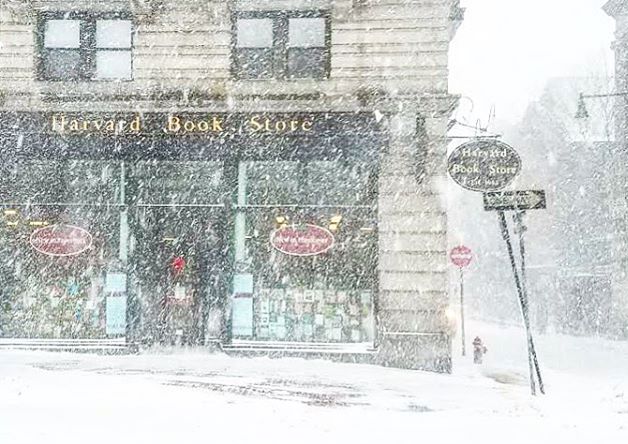 |
| Harvard Bookstore in Cambridge, Mass., yesterday morning (the store stayed open till 2 p.m.). |
With an apocalyptically named winter weather event (Bomb Cyclone, bombogenesis) still punishing the Northeast, it seems appropriate to consider the word "survival" as it applies to the world of indie bookselling.
In recent months, a blizzard (sorry) of media reports disclosed, with barely masked shock, the apparently surprising ability of indie booksellers to "survive, even thrive" (as the headlines love to proclaim) more than two decades of incessant retail assault by the likes of Amazon and chain bookstores. As 2017 came to an end, the trend intensified, so I collected a few links for further consideration and to give me hope as we begin the new year. For example:
"The theoretical and managerial lessons we can learn from independent bookstores have implications for a wide array of traditional brick-and-mortar businesses facing technological change. But this has been an especially fascinating industry to study because indie booksellers provide us with a story of hope," said Ryan Raffaelli in a Quartz piece headlined "How independent bookstores thrived in spite of Amazon." Raffaelli studies how mature organizations and industries faced with technological change reinvent themselves.
In a New York Times article on the closing of Book World's 45 stores ("Bookstore Chains, Long in Decline, Are Undergoing a Final Shakeout"), Daniel Goldin, owner of Boswell Book Company in Milwaukee, Wis., observed, "The age of the physical chain of bookstores is behind us--unless you don't need to be profitable. You can never save enough money through centralization to be able to compete with Amazon. Instead, you have to go in the other direction--be so rooted in your community you can turn on a dime."
Volumes Bookcafe co-owner Rebecca George wrote in the Chicago Review of Books: "Bookstores are thriving, despite this idea that saving $2 or $3 by absolutely all means necessary has become the cultural norm. Want a bookstore in your neighborhood? Well, those few extra bucks are the price to keep them there.... [N]ew bookstores are opening every month nationwide. Several bookstores are opening new locations in their surrounding communities. Their survival, however, rests in the young recognizing that bookstores are also in the 21st century. They're right there with you--constantly moving and changing to adapt and provide better community spaces for you--wherever you are."
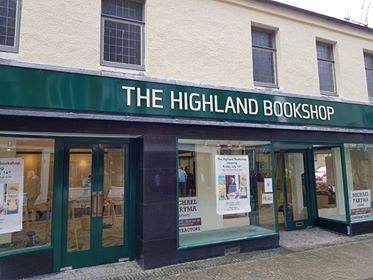 Scottish bookseller Kevin Ramage, owner of the Highland Bookshop in Fort William, told the Guardian: "People ask me what's the daftest thing you've done? Open a bookshop in Fort William. It's the remotest town on the mainland--over an hour from Inverness.... We've never thought that we made a mistake. Indies have been struggling, but I think the situation is turning, both in terms of the attitude to the printed word--Kindles have their time and place but generally people are realizing that they're not as satisfying as a printed book--and also a large layer of people are becoming more conscious of the role of the high street in their lives and their town. Social attitudes are changing."
Scottish bookseller Kevin Ramage, owner of the Highland Bookshop in Fort William, told the Guardian: "People ask me what's the daftest thing you've done? Open a bookshop in Fort William. It's the remotest town on the mainland--over an hour from Inverness.... We've never thought that we made a mistake. Indies have been struggling, but I think the situation is turning, both in terms of the attitude to the printed word--Kindles have their time and place but generally people are realizing that they're not as satisfying as a printed book--and also a large layer of people are becoming more conscious of the role of the high street in their lives and their town. Social attitudes are changing."
Noting that "in the age of smartphones and screens, it may seem unlikely that independent bookstores would stand a chance," the East Valley Tribune countered that theory by speaking with Cindy Dach, co-owner and general manager of Changing Hands bookstore in Tempe and Phoenix, Ariz. She said taking a chance is what allows and indies to stand a chance: "You have to be innovative. And every day, we always have to ask the question if we're being innovative enough.... It always feels like we're skating on thin ice. It always does, and that feeling won't probably ever go away. But where success has been is being relevant to our communities, being in touch to our communities, listening."
In a Forbes magazine crystal ball piece on the "Top Shopping Trends Of 2018," Pamela Danziger, president of Unity Marketing, predicted: "Shoppers will return to Main Street in 2018. This trend is fueled by the desire of the highest-potential and highest-spending customers' passion for a new shopping experience that they can't find online, at the mall, in the national chains or in big box stores. Owners of small retail shops often feel overwhelmed by the rapidly changing retail environment, with competition on all sides and most especially from Amazon. But small business retailers have a competitive advantage that none of these bigger, better capitalized and techno-powered retailers have: their personal touch. It is realized not just through the personal service that specialty retailers offer, but by being vital members of the local community. This trend will reshape the retail landscape over the next decade."
What is the magic formula that has allowed and indie bookstores to "survive, even thrive" in these confusing times? Cindy Dach had a great answer for that one: "You open the doors and get everybody in their stations, and you start working and you shelve the books, which seems like what you would do every day, which is 100% of your energy. Then you have to find another 100% to say, 'How do I stay relevant?' and 'How do I stay innovative?' and 'How do I get people to want to be here?' And we try to answer those questions every single day."
 "That's the feeling I get when I walk into a great bookstore. I'm greedy. I want to read everything in it.... What we can do that Amazon can't do is to be a community space and a resource.... We can be a place where people can come in and get a recommendation for a book that wasn't generated by an algorithm. We can be a place where people can be surprised by a book or an author they didn't know. Independent bookstores are good for people and the community and the country and for how we talk about ideas. I'd like to be a small part of helping that to continue."
"That's the feeling I get when I walk into a great bookstore. I'm greedy. I want to read everything in it.... What we can do that Amazon can't do is to be a community space and a resource.... We can be a place where people can come in and get a recommendation for a book that wasn't generated by an algorithm. We can be a place where people can be surprised by a book or an author they didn't know. Independent bookstores are good for people and the community and the country and for how we talk about ideas. I'd like to be a small part of helping that to continue."





SHELFAWARENESS.1222.S1.BESTADSWEBINAR.gif)


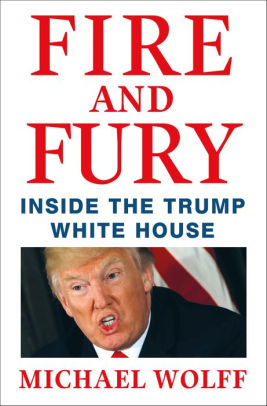 The fire and fury about Michael Wolff's book Fire and Fury: Inside the Trump White House (Holt) has grown so much in the two days after the Guardian's initial unauthorized excerpts that the publisher has moved the book's publication date from next Tuesday to today. This comes after a lawyer for President Trump sent a
The fire and fury about Michael Wolff's book Fire and Fury: Inside the Trump White House (Holt) has grown so much in the two days after the Guardian's initial unauthorized excerpts that the publisher has moved the book's publication date from next Tuesday to today. This comes after a lawyer for President Trump sent a 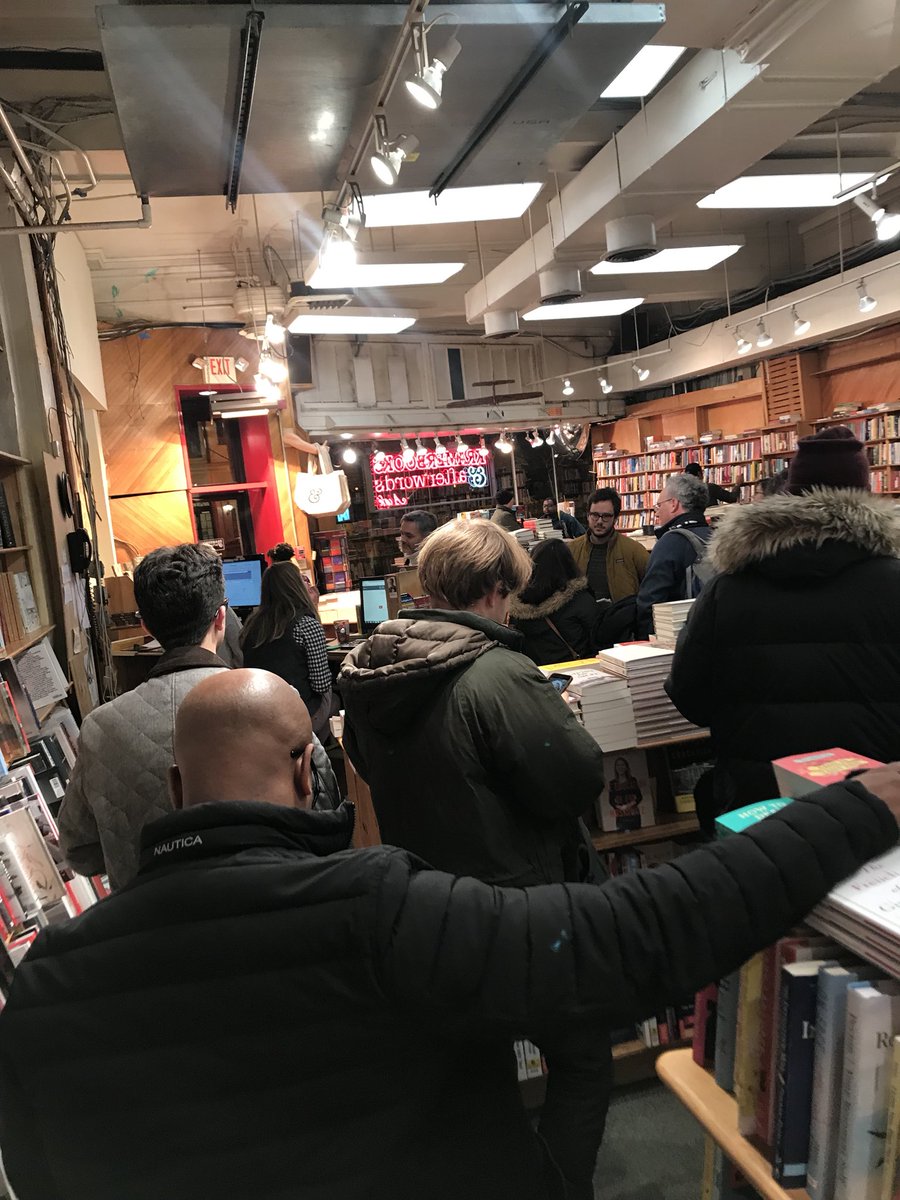

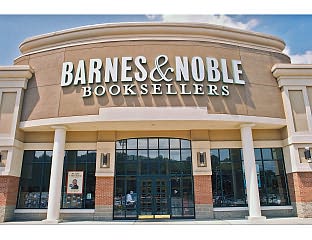 Another unhappy holiday report from Barnes & Noble: the company said that sales during the nine-week holiday period ending December 30 fell 6.4%, to $953 million, and sales at stores open at least a year also fell 6.4%. Online sales dropped 4.5%.
Another unhappy holiday report from Barnes & Noble: the company said that sales during the nine-week holiday period ending December 30 fell 6.4%, to $953 million, and sales at stores open at least a year also fell 6.4%. Online sales dropped 4.5%.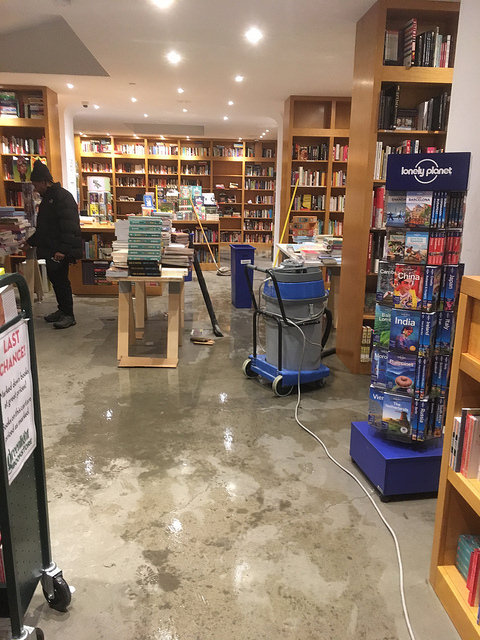 Greenlight Bookstore
Greenlight Bookstore
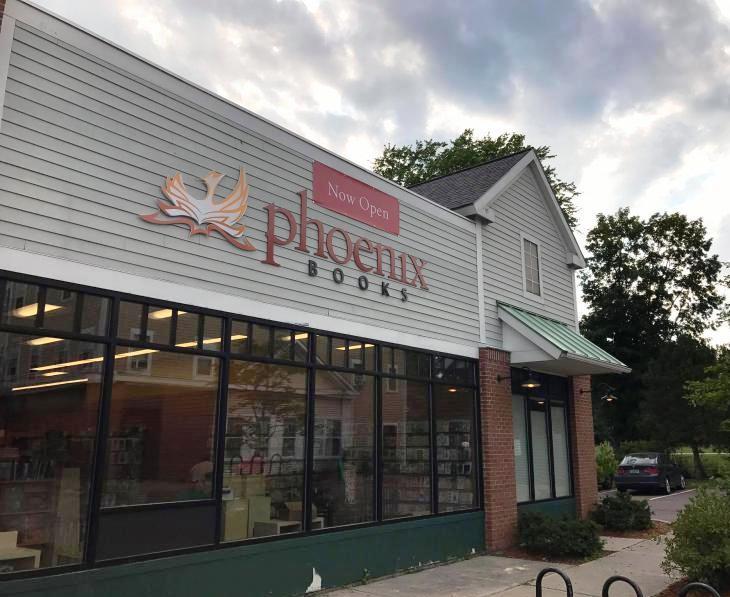 Michael DeSanto, co-owner of Vermont's
Michael DeSanto, co-owner of Vermont's 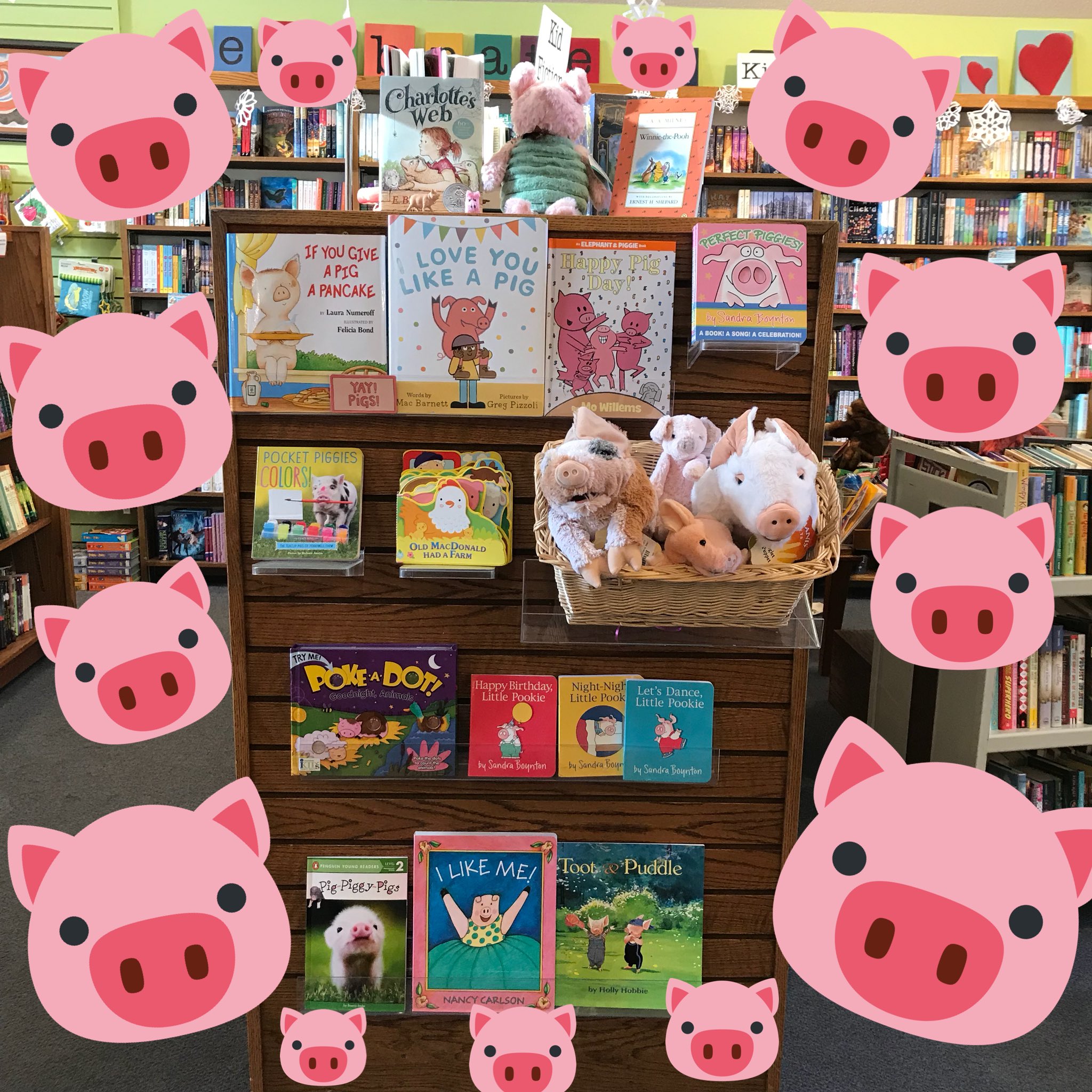 "It's time for a
"It's time for a 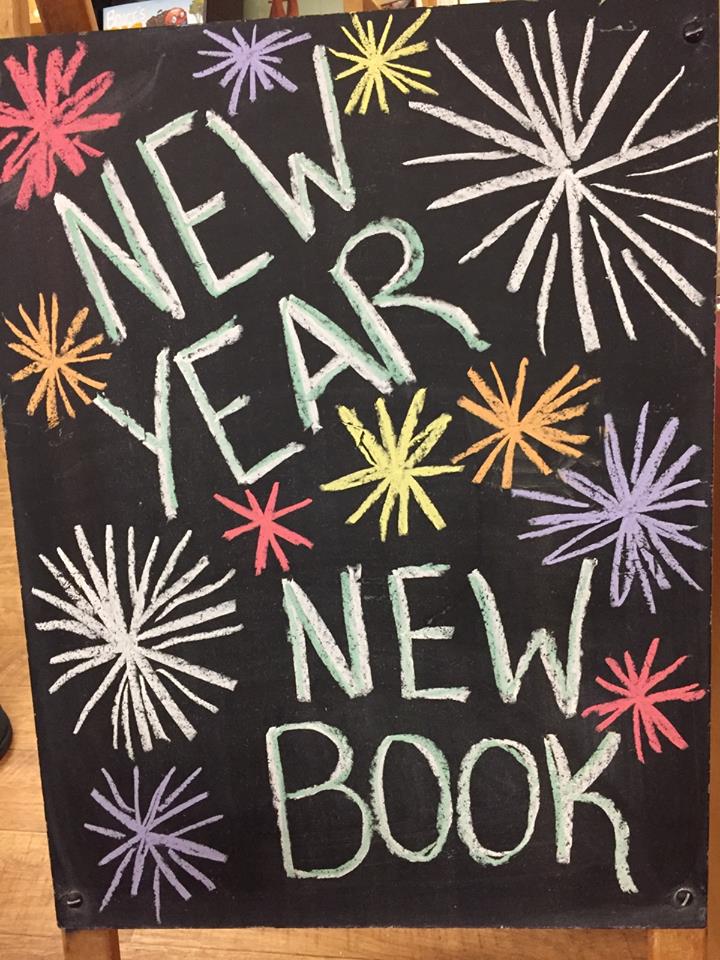
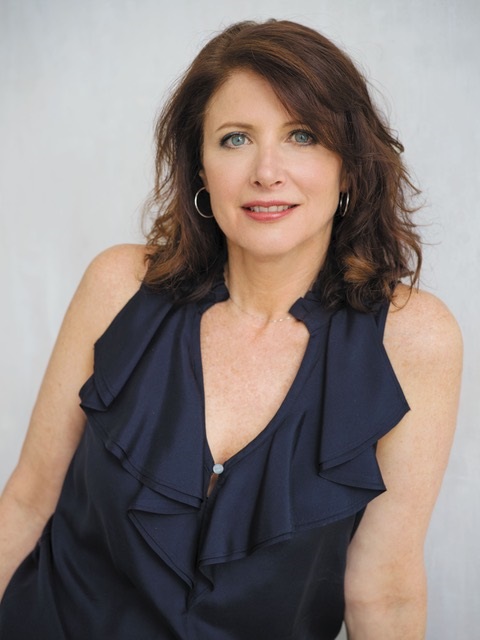
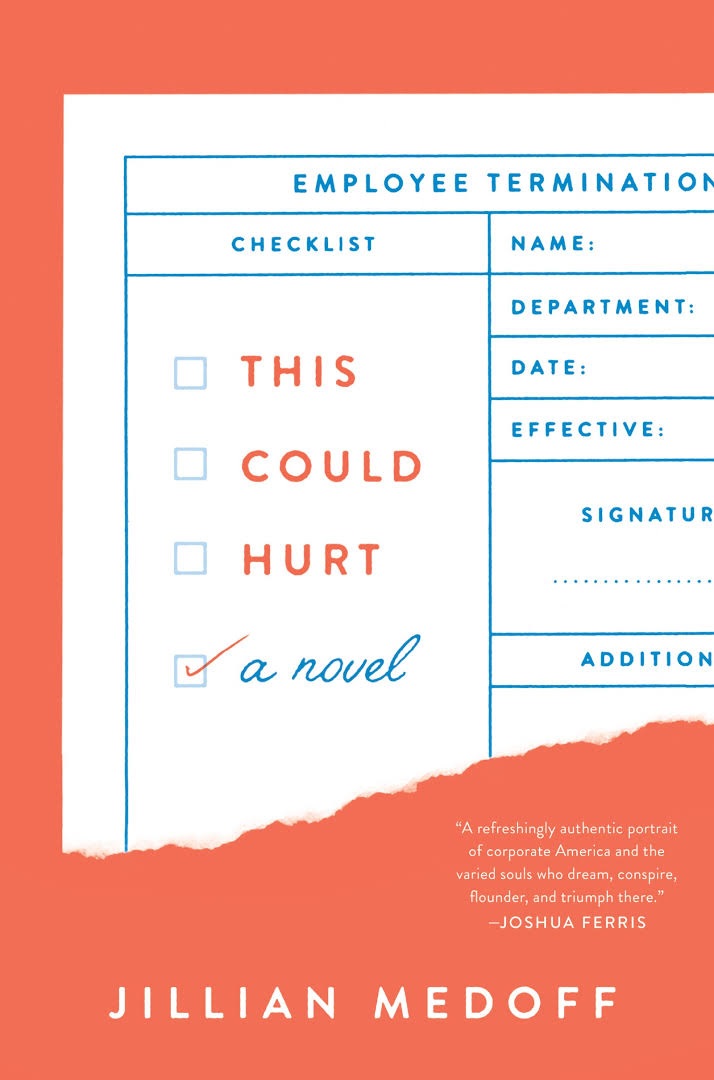 Book you're an evangelist for:
Book you're an evangelist for: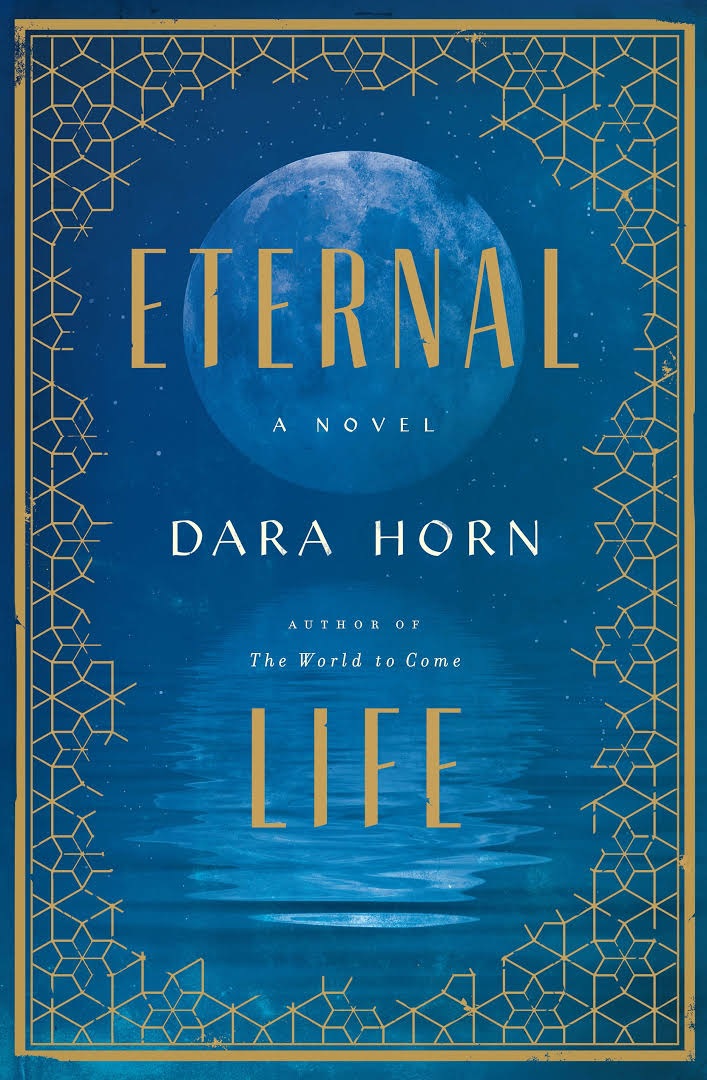 An April 2017 New Yorker article described the efforts of Google founders Sergey Brin and Larry Page, along with others in Silicon Valley, to solve the problem of aging and perhaps even conquer death. Those ambitious technology titans might want to pause from their researches for a few hours to ponder Dara Horn's fifth novel. Eternal Life is a beautiful but melancholy exploration of mortality as the element of human existence that's essential to life's meaning.
An April 2017 New Yorker article described the efforts of Google founders Sergey Brin and Larry Page, along with others in Silicon Valley, to solve the problem of aging and perhaps even conquer death. Those ambitious technology titans might want to pause from their researches for a few hours to ponder Dara Horn's fifth novel. Eternal Life is a beautiful but melancholy exploration of mortality as the element of human existence that's essential to life's meaning.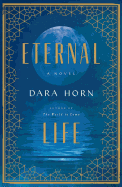

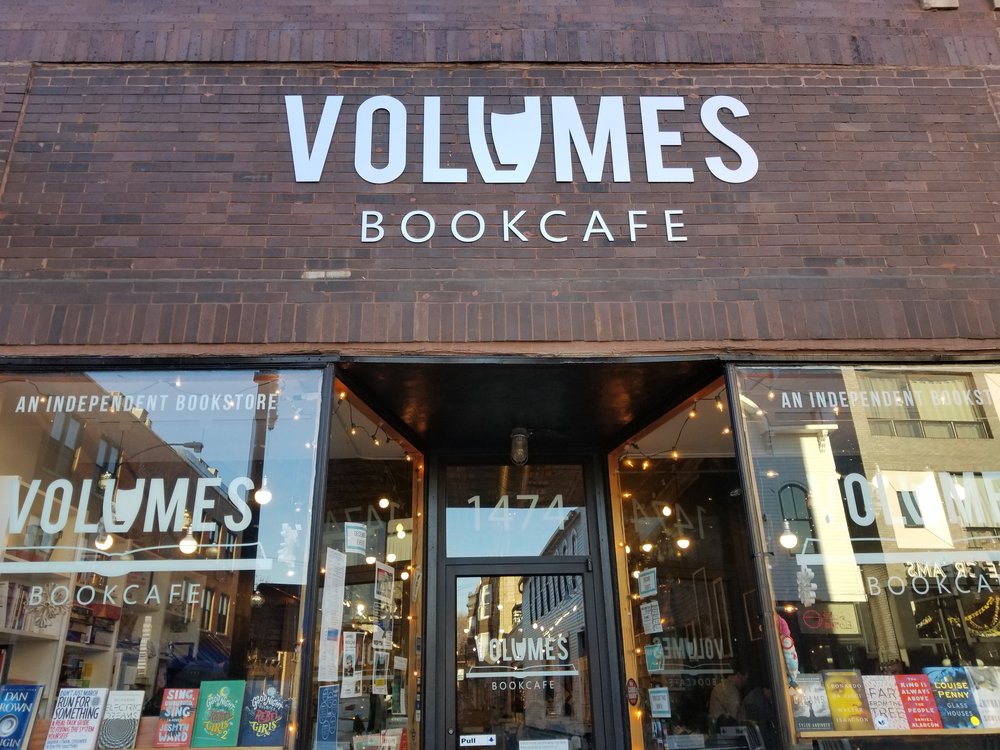
 Scottish bookseller Kevin Ramage, owner of the
Scottish bookseller Kevin Ramage, owner of the